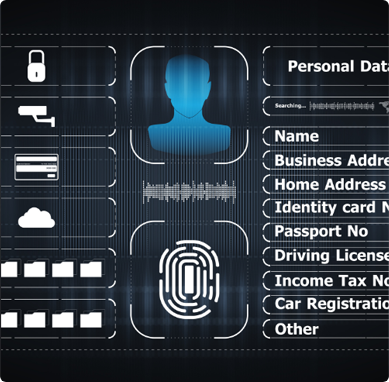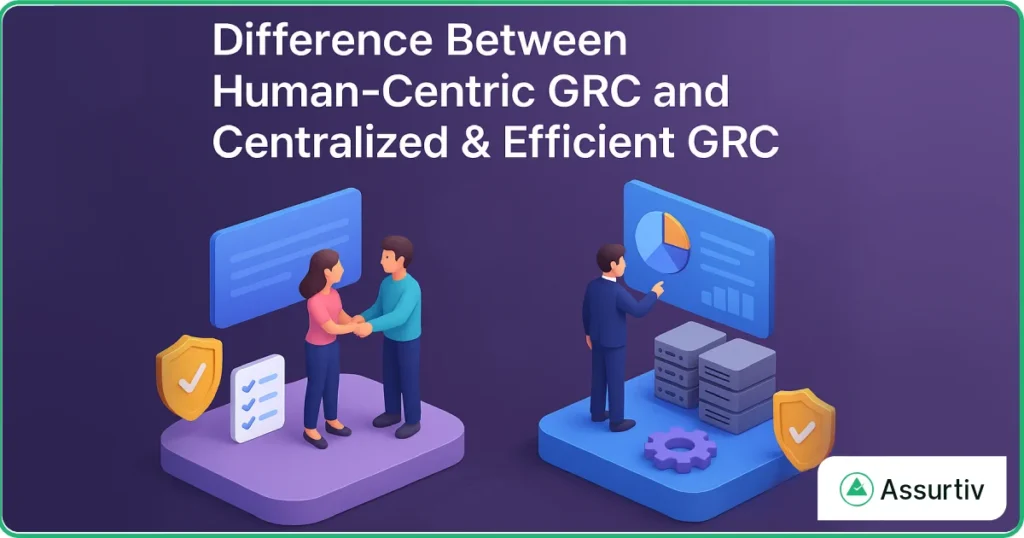Personal Data Protection Act (PDPA)
By assurtiv | Last Updated: 27 Jan 2025
 In an era where personal data fuels the digital economy, the need to protect individuals’ privacy has become more critical than ever. The Personal Data Protection Act (PDPA) provides a structured framework to ensure that organizations handle personal data responsibly while respecting individuals’ rights. This blog delves into the core aspects of PDPA, highlighting its significance in the realm of data privacy.
In an era where personal data fuels the digital economy, the need to protect individuals’ privacy has become more critical than ever. The Personal Data Protection Act (PDPA) provides a structured framework to ensure that organizations handle personal data responsibly while respecting individuals’ rights. This blog delves into the core aspects of PDPA, highlighting its significance in the realm of data privacy.
What is the Personal Data Protection Act (PDPA)?
The PDPA is a comprehensive data protection law that governs the collection, use, disclosure, and storage of personal data by organizations. It aims to protect individual privacy while enabling organizations to utilize personal data in a manner that supports business innovation and growth.
Applicable in several jurisdictions, including Singapore and Malaysia, the PDPA outlines specific obligations for organizations, ensuring compliance with privacy principles and addressing data protection challenges in the modern age.
Key Principles of PDPA
- Consent: Organizations must obtain clear and informed consent before collecting or using personal data.
- Purpose Limitation: Personal data must be collected for specific, legitimate purposes and used only for those purposes.
- Reasonableness: · Ensure all data collection and processing practices are reasonable and necessary.
- Access and Correction: Individuals have the right to access and correct their personal data.
- Data Protection: Organizations must implement measures to secure personal data against unauthorized access or breaches.
- Retention Limitation: Data should not be retained longer than necessary for the stated purpose.
Standards and Policies for PDPA Compliance
To comply with PDPA, organizations should adopt the following standards and policies:
- Privacy Policy: Develop a detailed privacy policy that explains how personal data is collected, used, stored, and shared.
- Data Protection Management Program (DPMP): Establish a structured framework to ensure consistent application of data protection practices across the organization.
- Third-Party Management: Implement due diligence measures and agreements to ensure third-party vendors handle personal data securely.
- Incident Response Plan: Create a robust plan to manage data breaches effectively, including notifying affected individuals and regulatory authorities.
- Training and Awareness: Conduct regular training sessions to ensure employees understand their responsibilities under PDPA.
Controls to Safeguard Personal Data
Access Controls: Restrict access to personal data to authorized personnel only.
Encryption: Use encryption to protect data in transit and at rest.
Anonymization: Anonymize data wherever possible to reduce privacy risks.
Monitoring and Auditing: Implement tools to monitor data access and usage and conduct regular audits to identify vulnerabilities.
Secure Disposal: Ensure proper disposal of personal data when no longer needed.
Benefits of PDPA Compliance
Enhanced Trust: Demonstrates commitment to protecting customer data, strengthening brand reputation.
Regulatory Compliance: Avoids hefty fines and legal repercussions.
Improved Data Security: Reduces the risk of data breaches and cyber threats.
Operational Efficiency: Streamlines data management processes through structured practices.
Common Challenges and Solutions
Lack of Awareness: Many organizations struggle with understanding PDPA requirements. Conducting regular training sessions can bridge this gap.
Data Breaches: Implement advanced security measures, such as encryption and monitoring tools, to prevent unauthorized access.
Third-Party Risks: Perform regular vendor assessments and establish clear data protection agreements.
Compliance Costs: Leverage integrated solutions to streamline compliance efforts and reduce operational costs.
Conclusion
The Personal Data Protection Act (PDPA) is a critical framework for safeguarding personal data in an increasingly connected world. Adhering to its principles and implementing robust policies and controls can help organizations build trust, achieve compliance, and protect against data breaches.
ASSURTIV, an integrated GRC application powered by AI, can simplify your journey toward compliance, addressing all your data privacy challenges effectively and efficiently.




